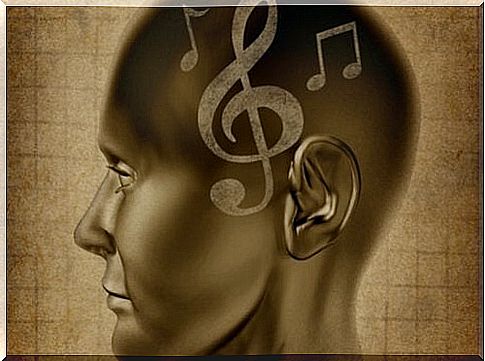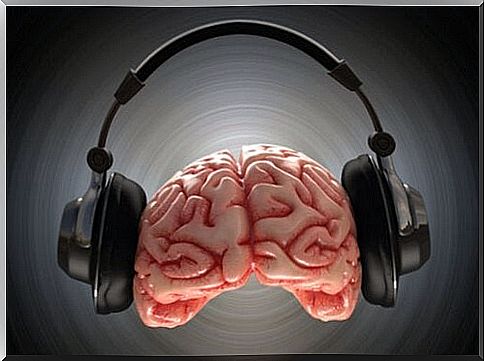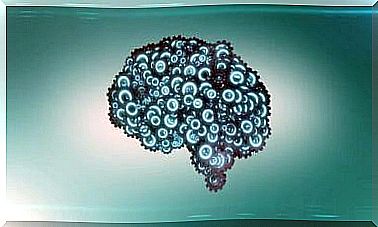How Film Music Affects The Brains Of Viewers

Music is a universal language. It can evoke memories, evoke emotions and even help us in difficult times. This is the reason why it is such an important ingredient in the film world. Believe it or not but, film music affects the brain. I mean, who doesn’t remember the music from their favorite movie? I’m sure you do.
For many people, it is impossible to understand movies without music. Many old movies are still relevant today thanks to their remarkable soundtrack. Star Wars is a clear example of this, as is Gone with the Wind or the unforgettable shower scene in the movie Psycho .
Film music has the ability to stir emotions. It can even make us smile, disturb us or make us cry. This is because film music affects the brain. Let’s dig deeper into this.
Music and the brain
Music is an exciting art form that can make us travel through time and relive moments. In fact, it is almost always around us. But what happens in our brains when we listen to music?
According to some studies, music has played an important role in evolution. When researchers studied the brain’s response to music, they saw that music affected important areas related to control and movement. Consequently, they were able to conclude that music helped our ancestors to stick together and develop altruistic behaviors.
In 2015, a group of researchers at the University of Helsinki conducted a study in which they established that classical music affected the genes that are linked to the feeling of pleasure. In fact, those who listened to Mozart during the experiment showed more brain activity.
Musician and philosopher Julius Portnoy says that music can increase endorphin levels in the brain, leading to a state of enjoyment and relaxation. Listening to music can even affect metabolic turnover, blood pressure, the body’s energy levels and digestion.
Due to the fact that music activates many regions of the brain at the same time, many psychiatric specialists use music to help their patients with certain mental disorders. This is called music therapy. In music therapy, music is basically used as a tool to improve the patient’s health and overall well-being. In fact, studies have shown that this can be useful during rehabilitation, welfare measures and education.

How film music affects the brain
Knowledgeable composers create the film music we hear in the background when we watch film. These musical experts know exactly how music affects the brain and use music to capture us. They use the power of music to trigger emotions. For example, it was the composer Bernard Herrmann who convinced Alfred Hitchcock to add music to the shower scene in Psycho .
Film music is extremely important because it in a way establishes a connection between what the viewers see and their emotions during a film.
Music plays a fundamental role in movies to trigger emotions such as fear and anxiety. This is true of every genre, not just horror movies. For example, in action movies, music acts as an impulse that causes our heart rate to increase and floods us with excitement during certain scenes. In mysterious films, the music can invite reflection on what is happening. No matter what genre it is, they all use music to their advantage.
Some studies have confirmed how film music affects the brain. In 2010, the University of California published a study showing that humans and some wildlife show the same sensitivity to alarming sounds. Now film music composers also use these sounds to trigger anxiety, restlessness or nervousness.

Infrasound is used in movies
Infrasound is low-frequency sound that humans cannot perceive. However, it creates natural and emotional physical reactions.
Infrared sound is used in film music to support the viewers’ emotional state. Through infrasound, composers can make viewers feel, among other things, fear, sadness and happiness. The film Paranormal Activity , for example, used infrasound to ensure that viewers experienced anxiety and fear during certain scenes.
In summary, film music makes the film experience much more real and interesting.








